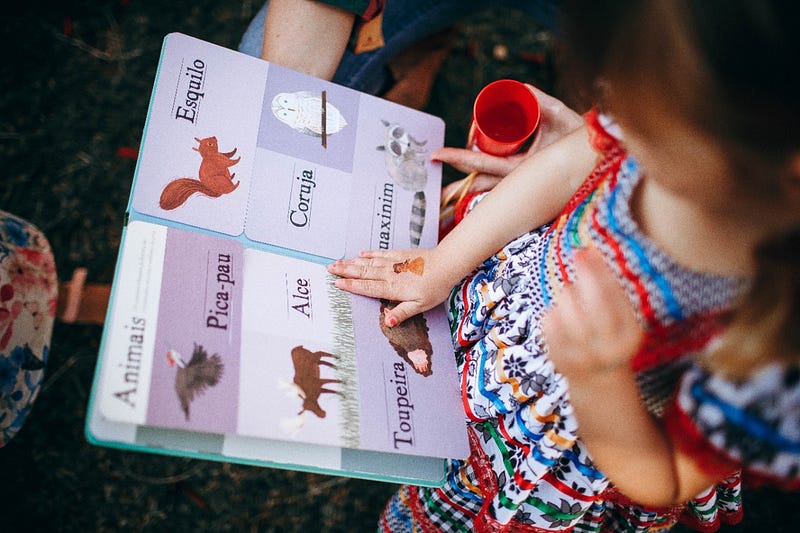Reading is an important part of a child’s development. It is a fundamental skill that a child must learn, and it is best mastered at a young age. Your child’s confidence, creativity, imagination, and capacity to relate to others will all improve as a result of learning to read. As a parent, you may help your child develop their reading skills by reading to them on a regular basis.
“Imagination is more important than knowledge,” Einstein once said. Reading, thankfully, helps to engage the right side of our brain.
Reading provides readers with the opportunity to participate in activities, events, or adventures. In only a few hours, they may join Alice on her adventures in Alice in Wonderland. They have the ability to penetrate Harry’s thoughts and learn how he battled the evil side within him in the Harry Potter novels.
Reading allows a kid to participate in the internal struggle of a protagonist, weighing in on what is good and wrong. They can also sense the characters’ emotional reactions to certain scenarios. This allows them to understand how a problem affects others. That’s something that neither television nor video games can offer.
Allowing the youngsters to experience what the characters are experiencing allows them to become more emphatic. These reading experiences can show how to respond correctly in specific scenarios.
They become aware of the feelings of the other person. It’s becoming second nature to them. Can we picture how much better our world would be if everyone was more empathic? This is why, despite the availability of alternative options such as animation or audiobooks, psychologists recommend reading.
Reading is essential in many aspects of our life. Our generation is lucky in that it understands the value of reading. Nonetheless, the present generation is in a better position. Reading materials and equipment are readily available and within their grasp.
Our generation recognizes the importance of reading. This positive atmosphere assists in establishing the value of reading in young brains. Reading is an important technique for learning new information.
The ability to read is the foundation of all knowledge acquired in school. Scientists have spent a lot of time trying to figure out how our brains behave when we read. Their results may aid our youngsters in learning to read and enjoying it. Read More:




